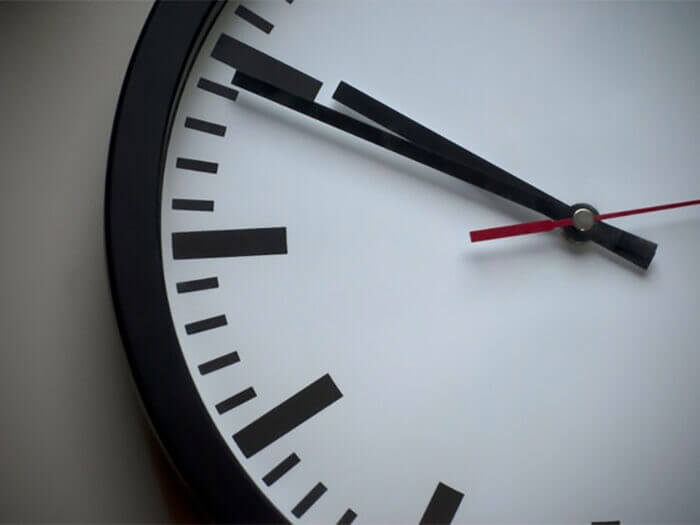Temporary employment agency Start People recently received a negative response from the Subdistrict Court in Almere after it initiated proceedings to recover a fine imposed on it for violating the Driving and Rest Time Regulations from one of its employees. Can you, as an employer, recover driving and rest time fines from an employee? Read more here.
What about the employee’s liability?
Main rule 7:661 section 1 of the Dutch Civil Code
The law includes the main rule that an employee is not liable for damage that he has caused to his employer or a third party in the performance of his work, unless the damage is the result of intent or deliberate recklessness by the employee. The law also stipulates that exceptions are possible.
The employer is the license plate holder
Supreme Court ruling of 13 June 2008*
In 2008, the Supreme Court ruled that such an exception applies to employees who committed a traffic violation while performing work, for which the fine was imposed on the employer as the license plate holder.
Is there a distinction between violations in a private car or a company car?
A groundbreaking aspect of this ruling was that this also applies to speeding violations of less than 10 kilometres per hour, since until then lower court rulings had argued that intent or deliberate recklessness was absent in the case of minor speeding violations. The Supreme Court considered that no distinction should be made between employees who are fined for violations committed with a private car and employees who are fined with a company car.
Judgment of the Central Netherlands District Court dated 28 March 2018**
In the legal proceedings that Start People had initiated, it wanted to recover a fine for driving times and rest times from one of its temporary workers due to a violation of the Driving and Rest Times Regulations.
Appeal by Start People to judgment
In this case, Start People appealed to the aforementioned judgment of the Supreme Court, stating that it is established case law that offsetting a fine does not fall under the main rule of Article 7:661 paragraph 1 of the Dutch Civil Code.
Court Judgement
The Subdistrict Court ruled that Start People had failed to recognise that the Supreme Court’s ruling only related to traffic violations and that Start People had not stated or proven that the temporary worker had acted deliberately or consciously recklessly.
So can you recover fines for driving and rest times from an employee?
The Minister of Infrastructure and Water Management is imposing hefty fines on employers in the Beroepsgoederenvervoer for violating the Driving and Rest Times.
The question arises whether an employer can recover a fine from an employee if it can be demonstrated that an employee has deliberately violated the prescribed driving and rest times, without the employer in question being at fault.
Driving and rest time regulations
It is stated first of all that such a situation will not easily arise given the supervisory task of an employer for compliance with the Driving and rest time regulations, consisting of (timely) reading of the driver’s card and the tachograph.
Intentional or consciously reckless conduct
This does not affect the fact that Article 7:661 paragraph 1 of the Dutch Civil Code does in principle offer a possibility for this, in the event that the damage caused by the employee is the result of intentional or consciously reckless conduct.
* Supreme Court of 13 June 2008, ECLI:NL:HR2008:BC8791
** Central Netherlands Court, Almere location, 28 March 2018, ECLI:NL:RBMNE:2018:1197
Mr. Otto Lenselink
April 2018
More to read
- The Hague Court of Appeal quashes verdict in the Slotboom case
- The Hague Court of Appeal decides whether driver will pay for shortage of parking spaces
- Most important changes to the collective labor agreement for professional goods transport as of January 1, 2024
- Collaboration with Polish Law Firm
- Consequences of Deliveroo for the scope of the Collective Labour Agreement for Professional Freight Transport!
- Gelderland Court reduces parcel delivery driver’s fine by more than 80%
- Is it legally required to secure loads during short stopovers?
- Court of Justice restricts repeated fining for a single offence
- Tightening enforcement of driving and rest times and tachograph fraud by the ILT
- Criminal prosecution for tachograph fraud

